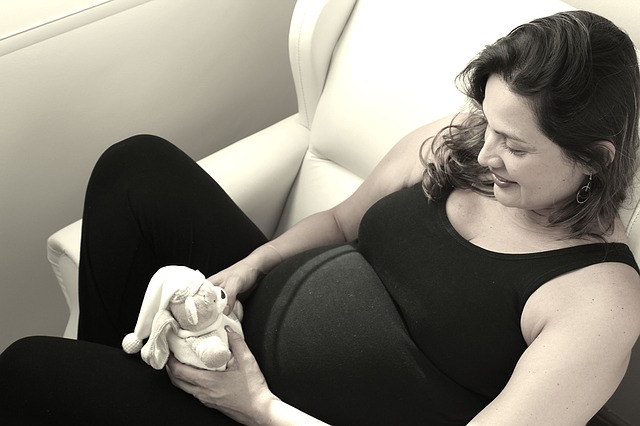
The title of this article is a common question for every intended parent who needs to opt surrogacy to become biological parents of their child. Assisted reproductive technology (ART) rather IVF is an integral part of the surrogacy process. Some research papers suggested that the ART born offsprings have a greater risk of cardiovascular disease, hypertension, diabetes, insulin resistance induced obesity, thyroid dysfunction with increased TSH level. But some research reports had opposed these study findings and indicated that IVF techniques might not be a reason for neonatal complications.
In 2008, a Canadian research result concluded that vitrification did not have any impact on the fetus after examining 200 vitrified oocytes born infants. Embryo transferred in surrogacy practice may involve multiple embryos transfer and resultant of which leads to multiple gestations. Consequently, the chances of preterm labor and delivery rate may higher than a single transfer.
The preterm delivered neonates usually born with low birth weight or fail to survive due to underdevelopment or abnormal development. The risk of congenital malformations and cesarean section is also high with multiple gestations. However, a contrasting result obtained from a follow-up report, which showed that motor delays cease after two years of neonates who might born through multiple or singleton IVF surrogacy.
Considering several factors, singleton IVF is a safer option than multiple embryos transfer. But to obtain a better success rate of pregnancy after an IVF cycle, intended parents may prefer multiple gestations. The Ethics Committee of the American Society for Reproduction (ASRM) motivates to give protection to the gestational surrogate and for this reason, the surrogate should properly inform all the possible risks involving in multiple pregnancies. The final decision should be taken by the surrogates regarding the number of embryos to be transferred after knowing all the details of the risk factors.
The supply of adequate nutrition to the surrogate during the gestational period. Inadequate nutrition during pregnancy increase the risk of cardiovascular diseases, allergies, hypertension, diabetes, or either schizophrenia of the delivered child. These health issues may even appear at the early adult age of the child. Barker hypothesis had already confirmed that metabolic syndromes in adulthood might be associated with the mother’s malnutrition during pregnancy. Therefore, ante-natal care for surrogacy should take care of nutritional supply to the surrogates to reduce the risk of metabolic disorders of neonates.
High-stress level during a gestational period often provides a detrimental role in surrogacy. It has assumed that surrogate may have maternal stress levels than non-surrogate mothers. However, there is no definite study to evaluate this factor. However, it has already proven that maternal stress levels associated with low birth weight or prematurity of the neonates.
Besides this, maternal stress during gestation plays a crucial role in the appearance of ADHD, depression, schizophrenia, etc. Therefore, experts always recommended taking care of mental health wellness of surrogates, which may require periodic psychological counseling, strong support from family, intended parents, and caregivers.
It has evidential that various neurohormones are transmitted from mother to fetus during the gestational period, which helps in fetal brain development, normal neural function, which helps to build up self-confidence and intelligence in the child.
Good communication and feelings of acceptance between mother and fetus act catalytically, which contribute to developmental aspects and also accelerates speech ability to the child. Therefore, not only surrogate, but intended parents also have an important role in the healthy development of the neonates. Surrogacy experts always encourage regular communication between intended parents and surrogates.



